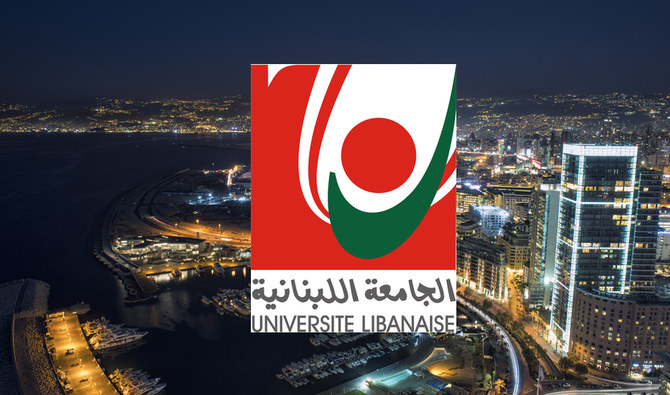
by arabnews.com — Najia Houssari — BEIRUT: Lebanese University President Fouad Ayoub has apologized to Chinese students for “any abuse or bullying by any student at the university or by any Lebanese person against you following the coronavirus crisis.” Dr. Ayoub described any case of bullying as “individual and (this) should not be generalized because it does not reflect the morals of the Lebanese people who love their guests.” Amir Wang, a Chinese student at the Lebanese University who went to Shanghai to celebrate the new year and returned to Lebanon to continue his studies, was asked by Lebanese authorities to stay home until his health status was clarified to find out whether he was carrying the coronavirus. Wang returned to his home in the town of Chehime in Mount Lebanon, 47 km from Beirut. Wang complained to his teacher, Dr. Masoud Daher, and on social media during the past week, that he was bullied by people in the town and in other areas he crossed while travelling to his home.
Dr. Daher, a professor at the Lebanese University and head of the Lebanese-Chinese Association in Lebanon, told Arab News: “Wang was subjected to unjust harassment. He was insulted just because he was Chinese.” Daher said: “The Lebanese University includes 10 Chinese students studying in the department of translation and languages, and there are two students at the doctoral school who are pursuing two economic research projects on China and the Arab world under my supervision. Some of the students live in the student accommodation on the campus of the Lebanese University in the Al-Hadath area, and they were harassed by some Lebanese as well.” Dr. Daher said that Chinese students “have been going to the Lebanese University for 10 years. Some of them are teaching the Chinese language. They are assigned by their government to teach the Chinese language at the University’s language center.” Meanwhile, Ayoub told a delegation of Chinese students that “China will overcome its crisis and will defeat coronavirus thanks to its scientists, students and great people.” He wished the Chinese students to “convey the image of beautiful Lebanon and be the ambassadors of the Lebanese University in your homeland.” After the complaint by Wang on social media, MP Bilal Abdullah, who is from the town of Chehime, invited Wang to lunch with a number of locals. The meeting was published on social media as an apology for any racist behavior toward Wang.
Lebanese authorities are dealing with the coronavirus through sterilization operations for official departments, prisons, border security centers and schools. A decision to resume studies in educational institutions has not yet been taken and schools and universities will remain closed until next Monday. Schools are sending daily lessons to students via social media, especially for those taking official exams. In the ministries’ buildings, digital fingerprints for employees have been replaced by signatures. Hand sterilizers have been placed at the entrance to Parliament, and MPs entering the building are avoiding handshakes. Assem Araji, the head of the parliamentary health committee, said that the virus “has not spread significantly yet, but we must be equipped in the event of its spread, and a plan must be found to keep pace with the stage of spreading. Some government hospitals should also be prepared. One billion Lebanese pounds have been allocated for this matter, but this amount may not be sufficient.” Stores have run out of sterilizers due to the high demand for them, and the price of the remaining ones has increased.
The degree of panic caused by virus was reflected by the fact that one of the courts in Nabatieh, in the south, closed after a security officer lost consciousness. However, he was later found to be suffering from an ear infection that caused him to lose his balance, according to a statement issued by the Internal Security Forces. In the city of Tripoli in northern Lebanon, a decision was made to prevent entry to the city’s main center for all official transactions in the North Governorate, unless face masks were worn. The Lebanese Embassy in Rome advised all its nationals in Italy “not to travel to Lebanon at the present time except when absolutely necessary, in order to avoid the transmission of the virus to their families in Lebanon.”



